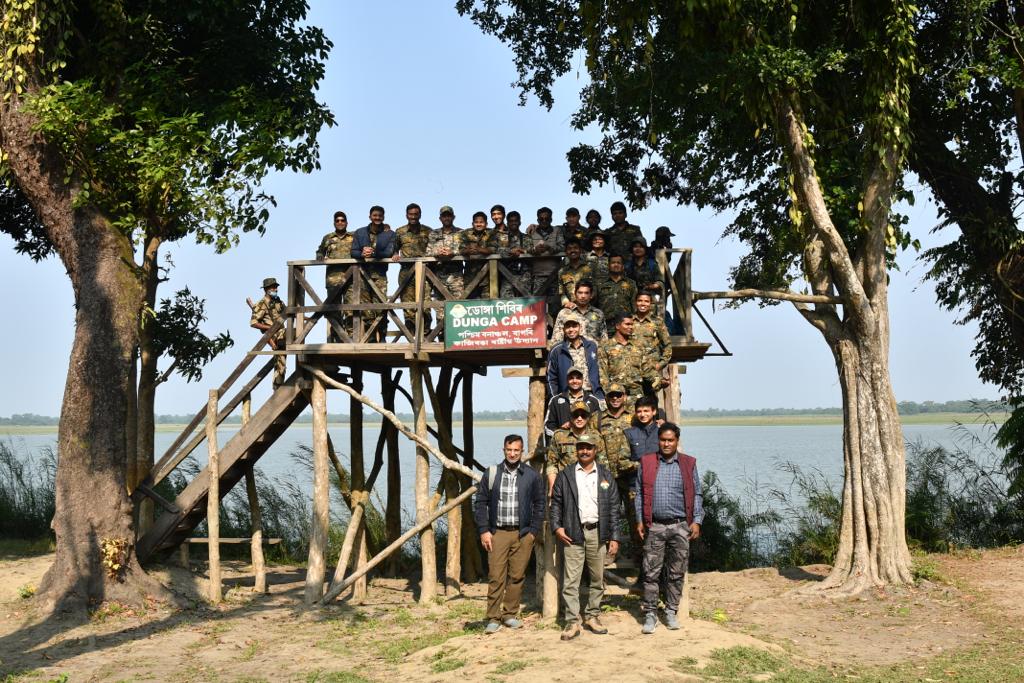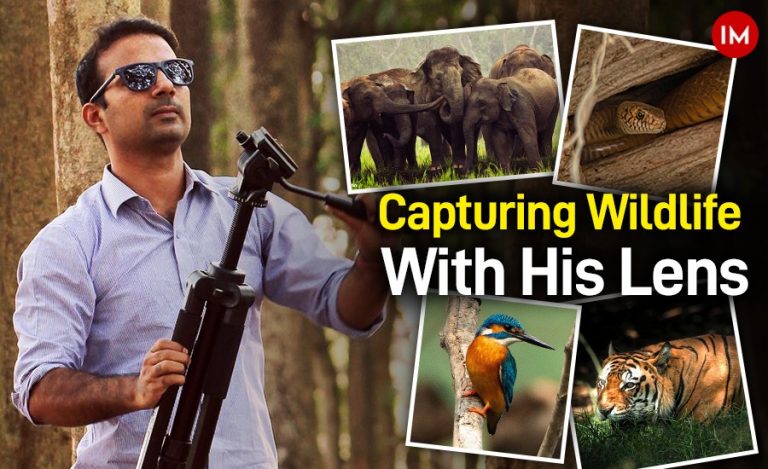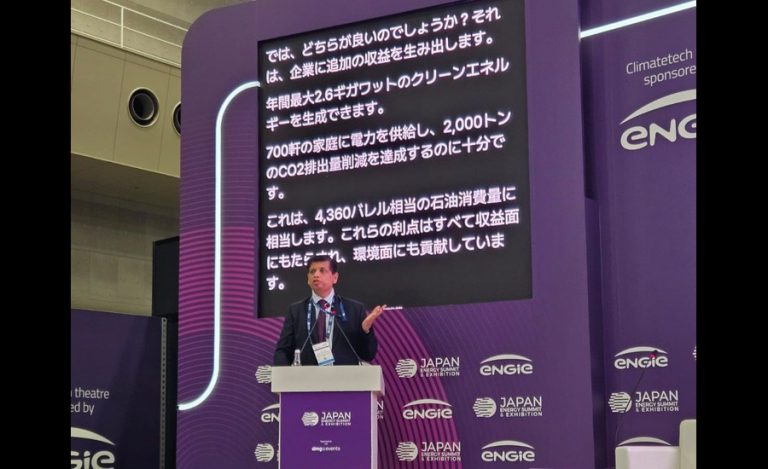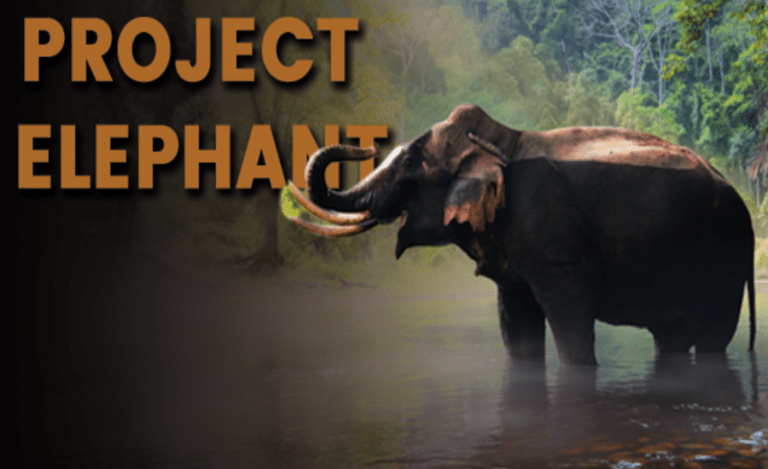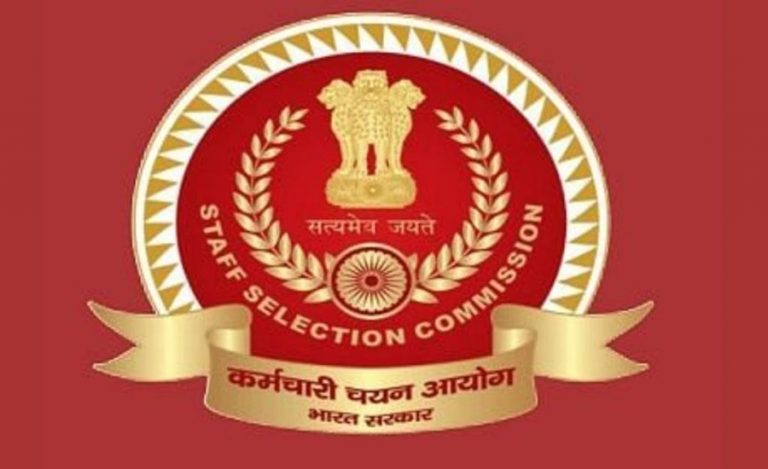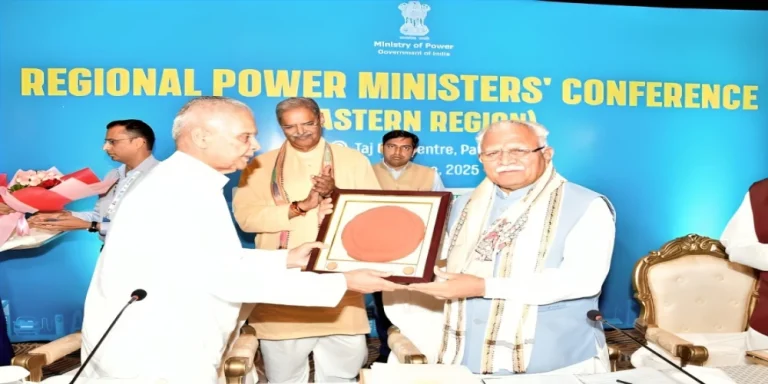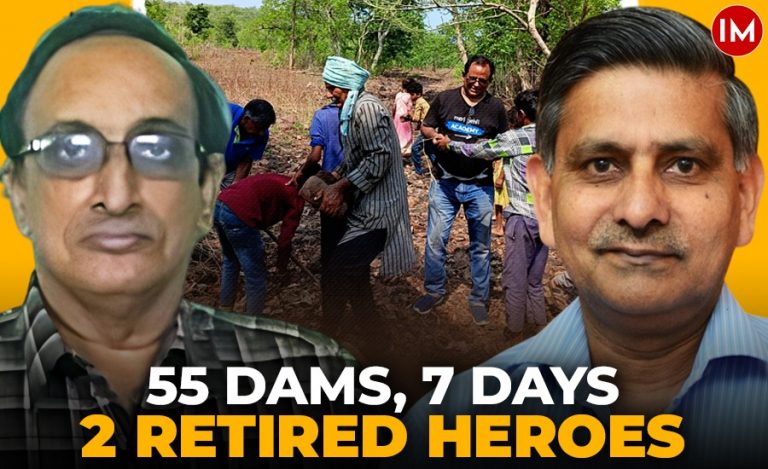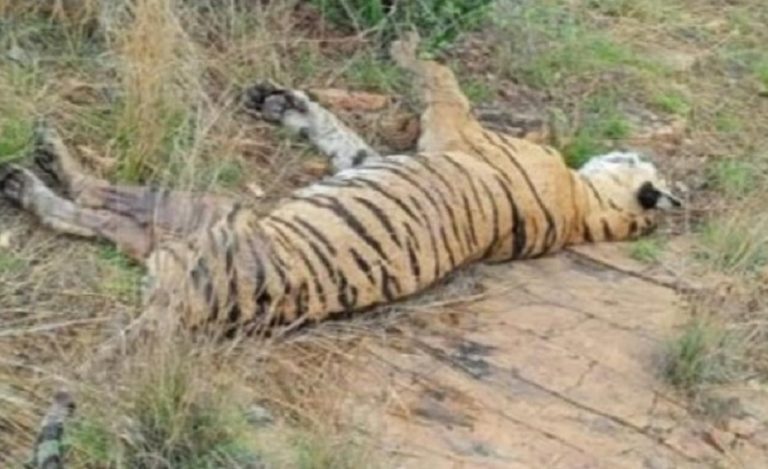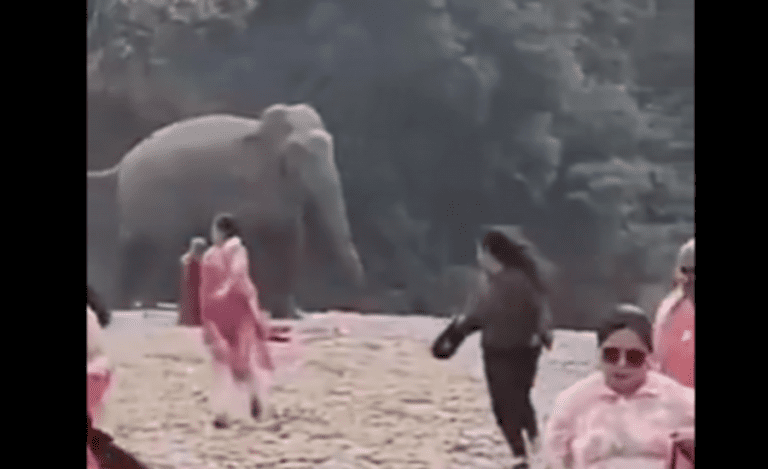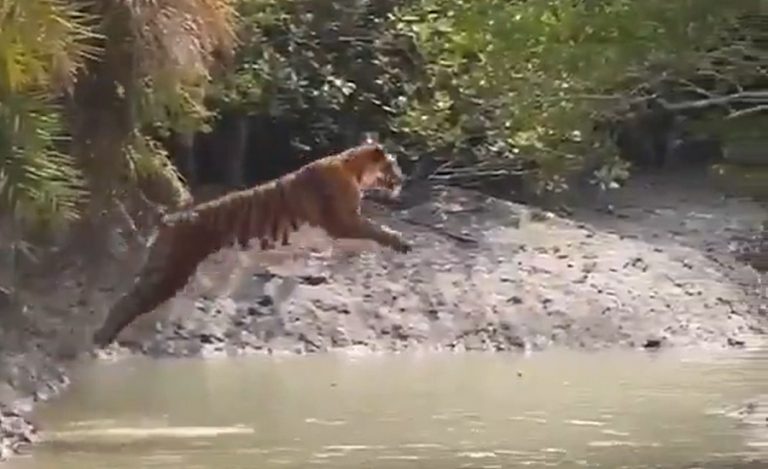Some exciting close encounters with wild animals, first-hand experience of conservation work, deep insights into forest management, and many enriching memories are the major takeaways for the 2020 batch of Indian Forest Service (IFS) probationers when they visited Kaziranga National Park & Tiger Reserve this month as part of their training at Indira Gandhi National Forest Academy (IGNFA).
The 2-day visit was part of a ‘thematic tour on ecorestoration, people and forest, and marine ecosystem’, which took them around different wildlife sanctuaries and parks across India. They went to world heritage site, Kaziranga, for study of the national park management.
Indian Masterminds spoke to KNP Director, IFS P Sivakumar, and Associate Course Director of IGNFA, IFS Tulsi Das Sharma, to know more about the educational tour. We also spoke to two probationers who were part of the group, IFS Pooja Nagle and IFS Muthu S, to find out about their overall Kaziranga experience.

KAZIRANGA LESSONS
Associate Course Director, IGNFA, IFS Tulsi Das Sharma said that it was one of the best experiences of the northeast India tour because “Kaziranga landscape is so fascinating, as every type of wildlife is present”. He is particularly happy that the group sighted rhino and tiger.
He is also full of praise for Director of Kaziranga, Mr. P Sivakumar, for extending all possible cooperation and help. “He is so dynamic that he spent two days with probationers and demonstrated all the management parts. Rhino conservation, Flood Management, Watershed Management, Encroachment Removal, and Court Cases were all covered in this educational tour. IGNFA congratulates Director Kaziranga National Park, all staff, and the people of Assam for managing the Park in the best way.”
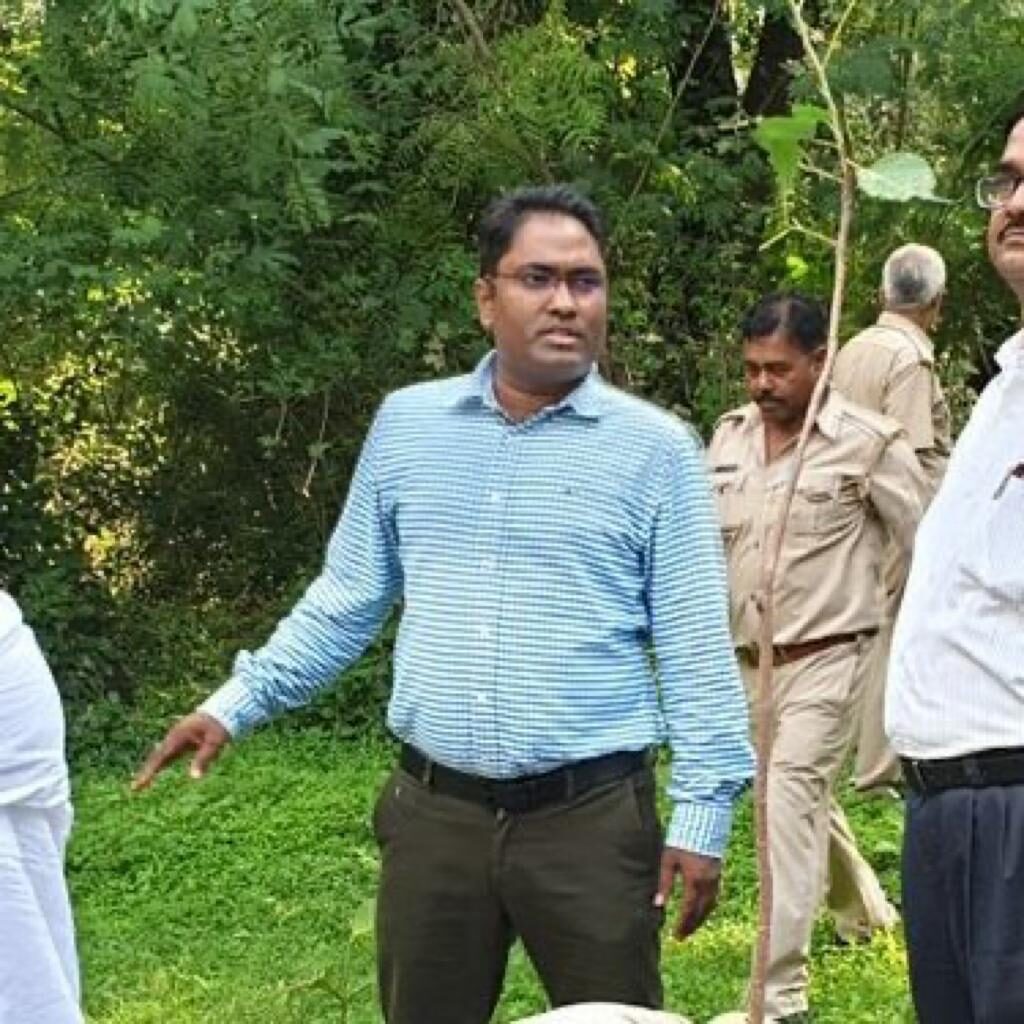
PROBATIONERS’ EXPERIENCES
IFS Probationer Pooja Nagle visited Kaziranga National Park for the first time and found the whole experience “of seeing big herbivores like rhinoceros, elephants and wild buffalos in the wild very exciting and enthralling.”
“My experience in Kaziranga was full of enthusiastic learning and its practical implementation in the field. I believe that it is a combination of management techniques, inter agency coordination, proactive responsiveness by forest department, public awareness and apt use of technology which has made Kaziranga one of the role models for other parts of the country to follow.”

She informed that the official two-day visit started with an address by the Field Director P. Sivakumar, who briefly explained to them about the park. Then he took them around the different ranges and explained in detail about the various work done by the forest department.
“We visited the artificial highlands created for the wildlife to provide a safe place in monsoon times. There was also a visit to the Banderdubi area, the 8th addition to Kaziranga National Park, where we got to know how various techniques were used for restoration of the area to make it habitable for wildlife again. We also saw and learned about innovative measures like the creation of check dams for watershed management.”
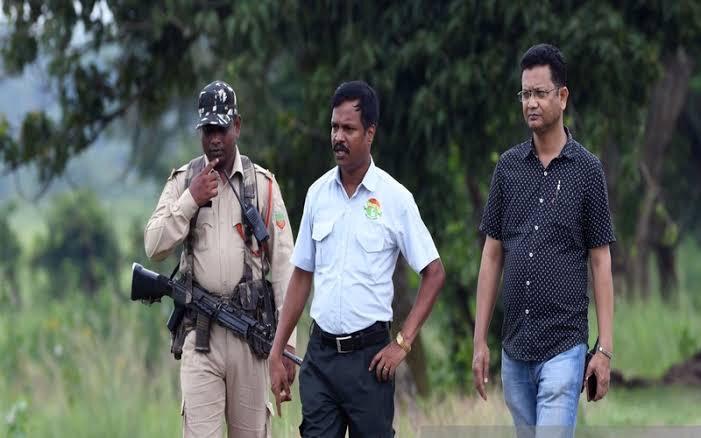
She further revealed that it was demonstrated to them how with the use of cameras installed separately for vehicle monitoring and animal monitoring, the human-wildlife conflict can be reduced. The speed limits for vehicles are to be strictly adhered to and any violation leads to recording of the number of the erring vehicle and penalty being imposed on the owner.
Also, warnings are raised if any wild animal is expected to cross the road at any time. “In fact, while we were returning from the visit to Burapahar range, we could actually see it working effectively when there was a surprise crossing of the road by a wild elephant,” she let known.
For IFS Probationer Muthu S, the experience was highly motivating and inspiring. “The field experience we gained from visiting Kaziranga helped us understand what kind of impact management interventions can have on securing a habitat. The amount of work and co-ordination which goes into managing such a unique landscape is truly phenomenal!” he said.
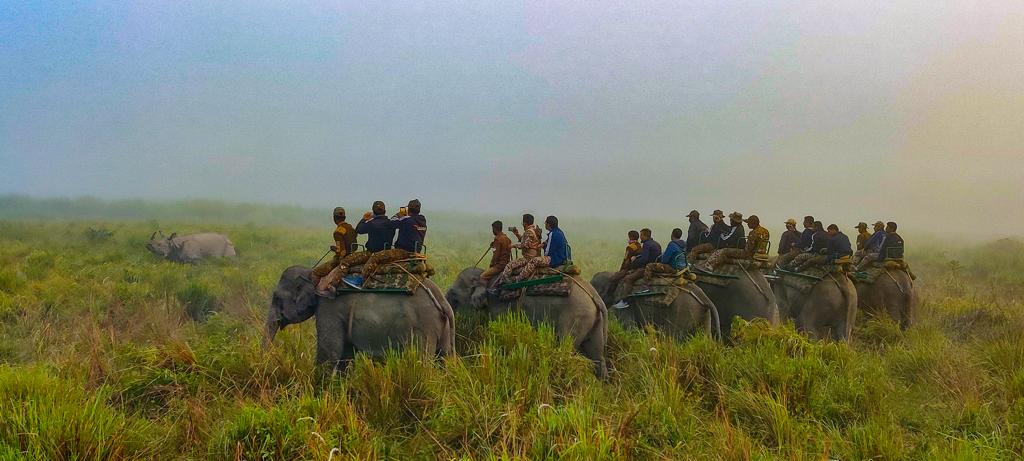
PREPARING GEN NEXT
Director KNP, IFS P Sivakumar said that the whole idea behind bringing probationers to national parks is to acquaint them closely with conservation methods and make them see and have first-hand knowledge about the best conservation models of the country.
“Our aim is to create environmentally conscious generation next and to replicate some of the best conservation models in other parts of the country,” he said.

